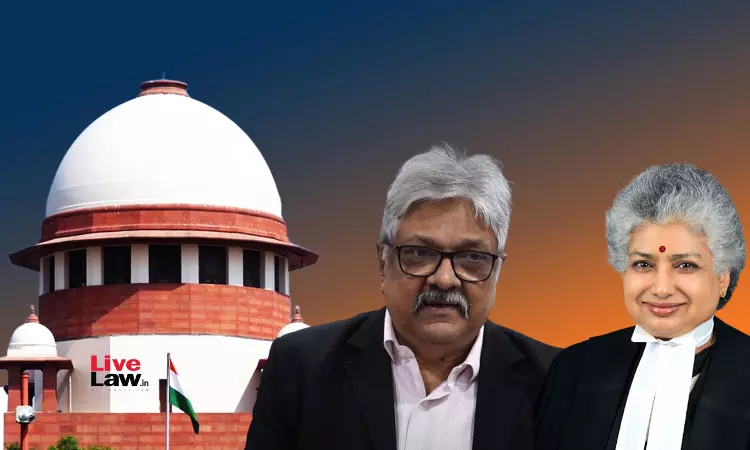The Supreme Court, on Monday, observed that in India, no one votes on the basis of education qualification and therefore providing false information regarding education qualification of an election candidate can not be termed as a ‘corrupt practice’ within the meaning of Section 123(2) and Section 123(4) of the Representation of People’s Act, 1951. A Bench comprising Justice K.M. Joseph...

